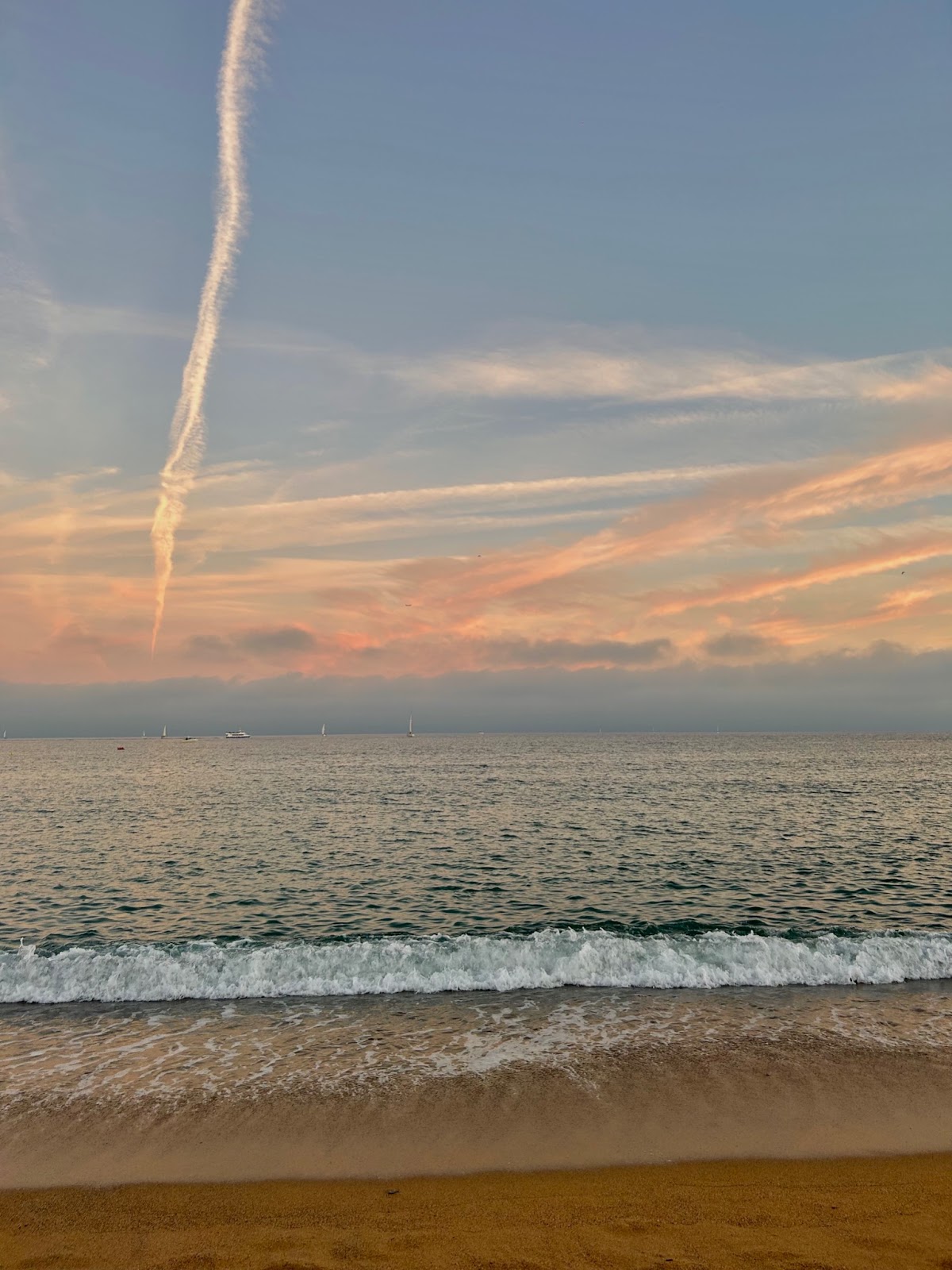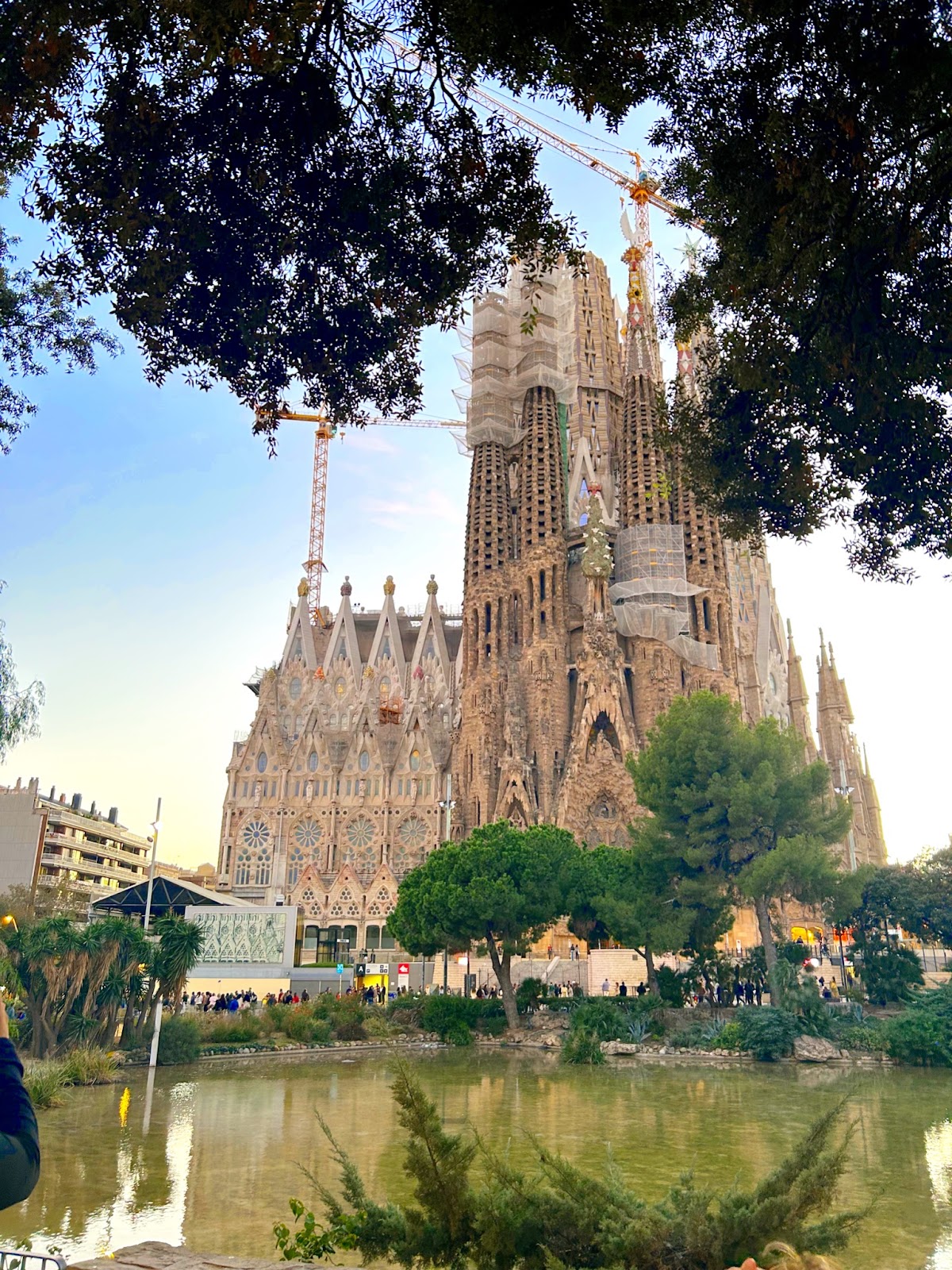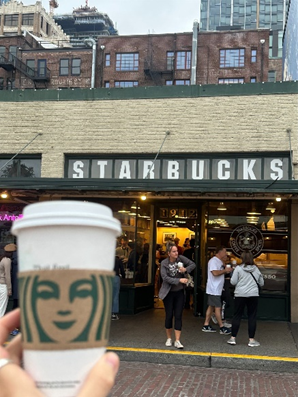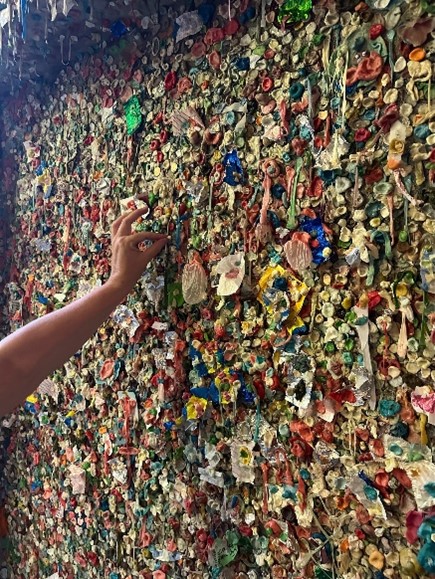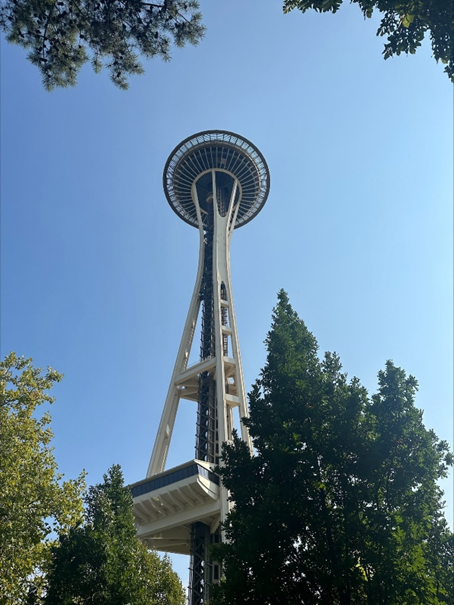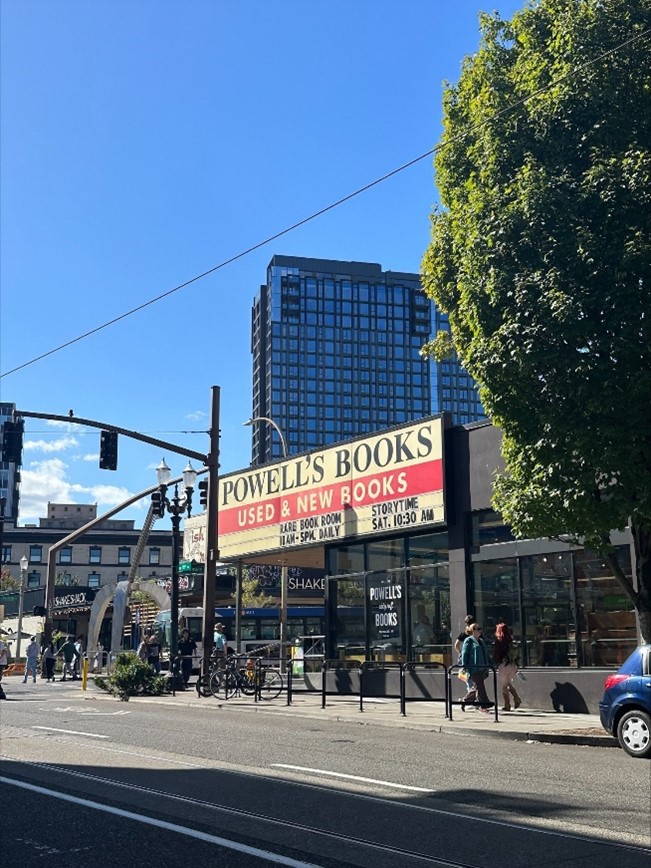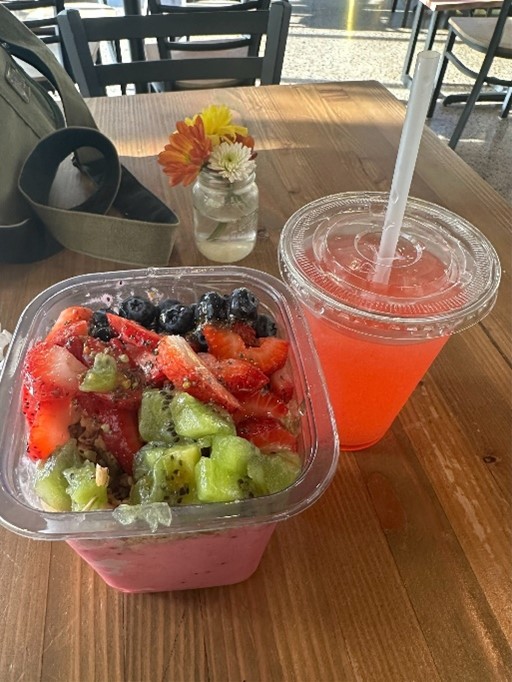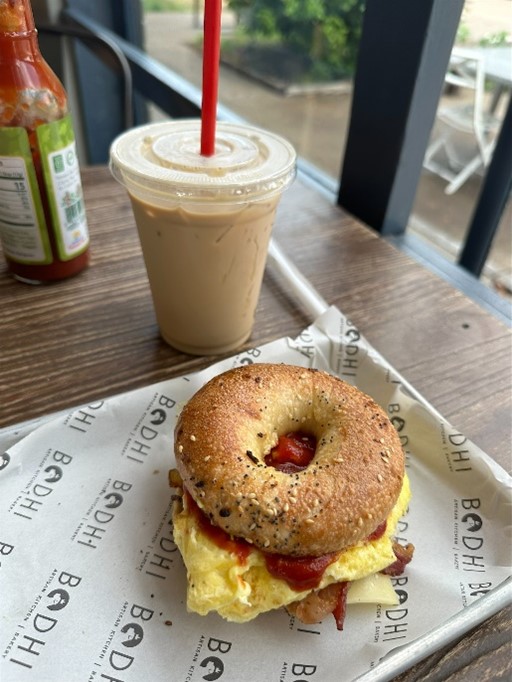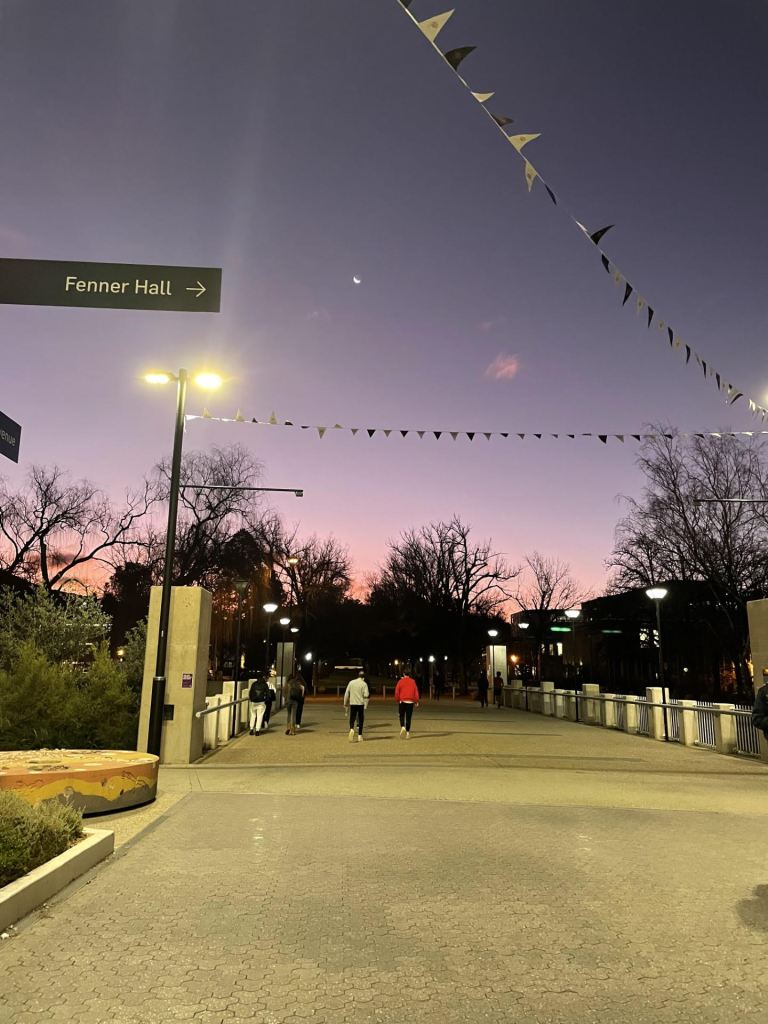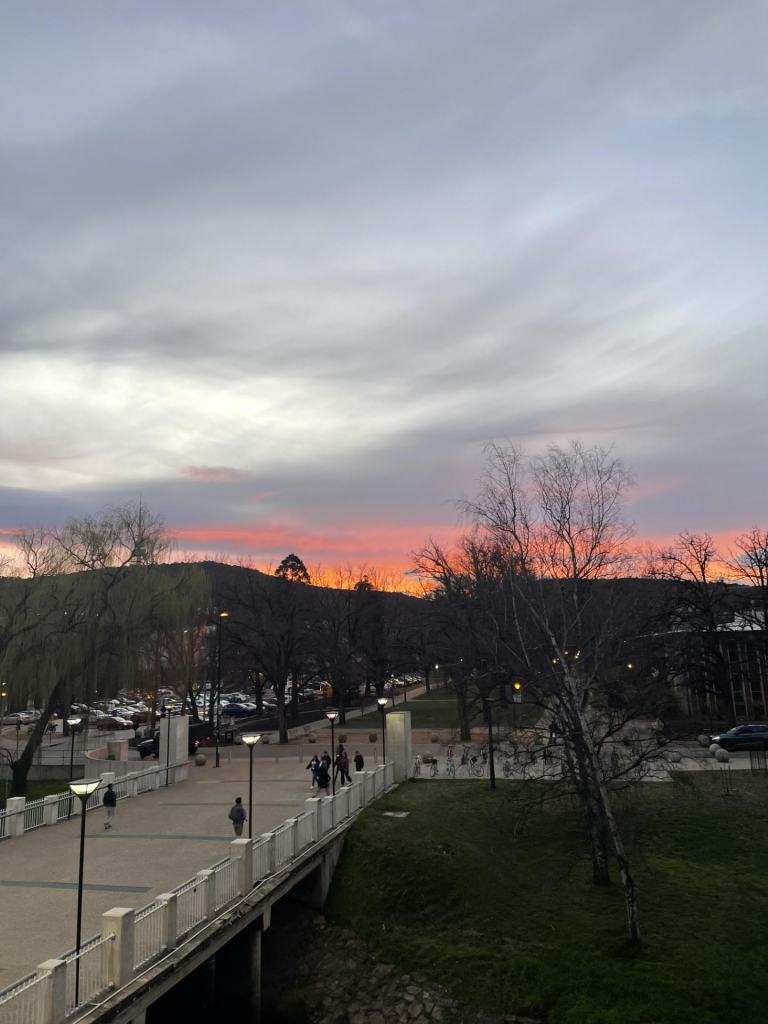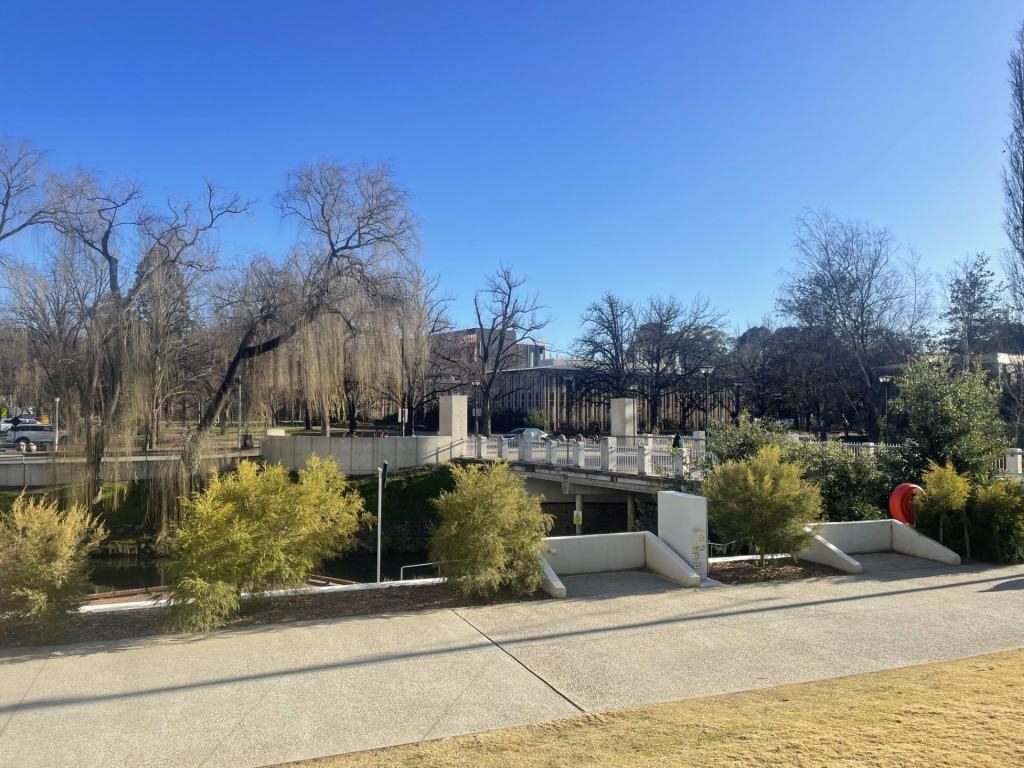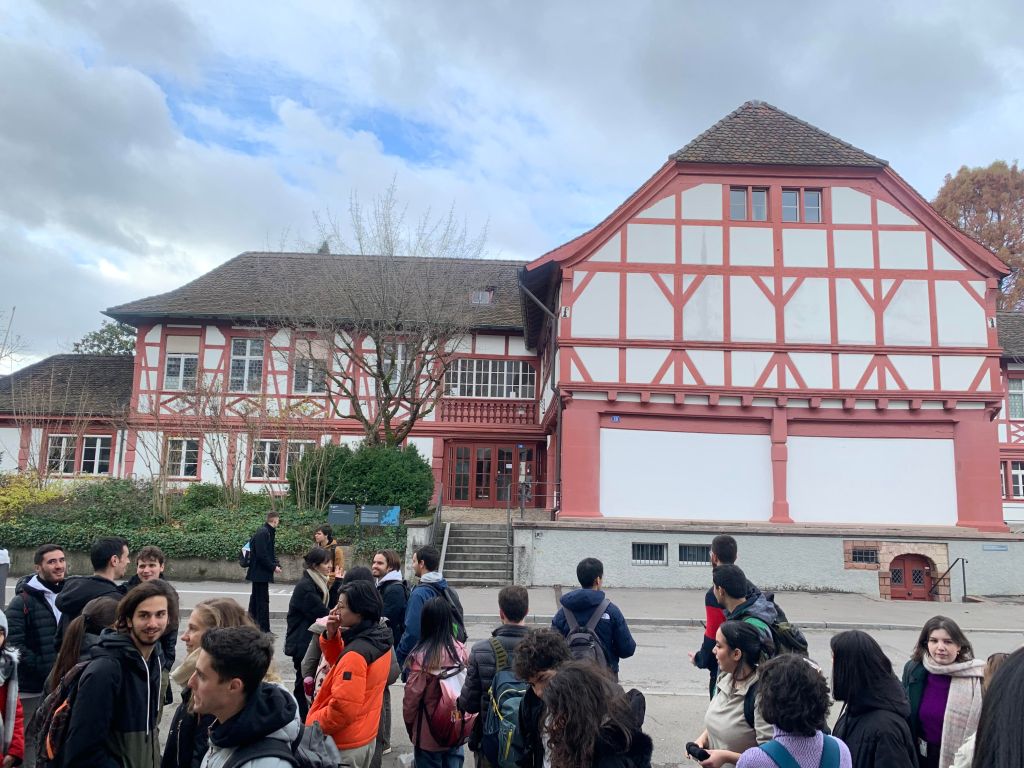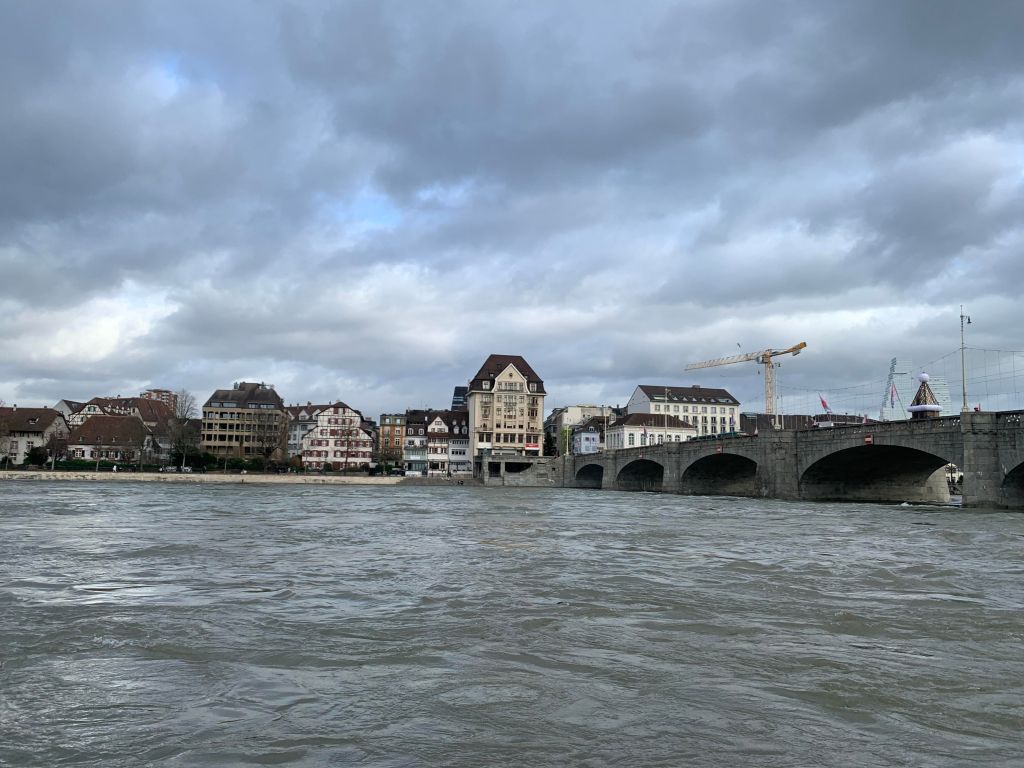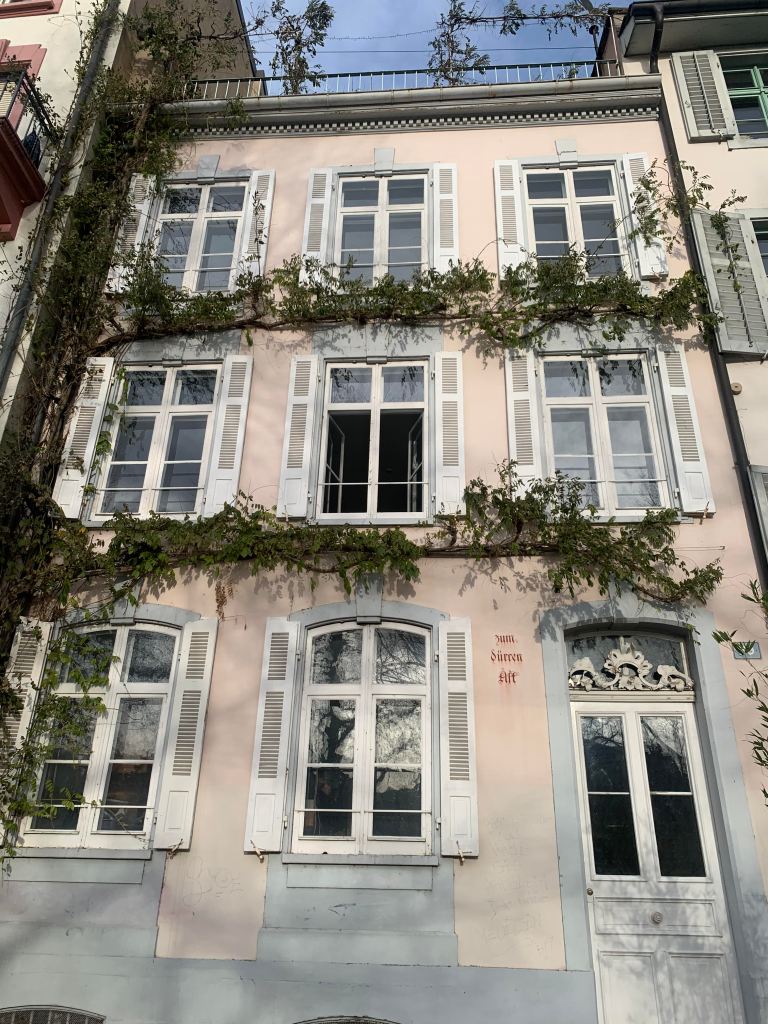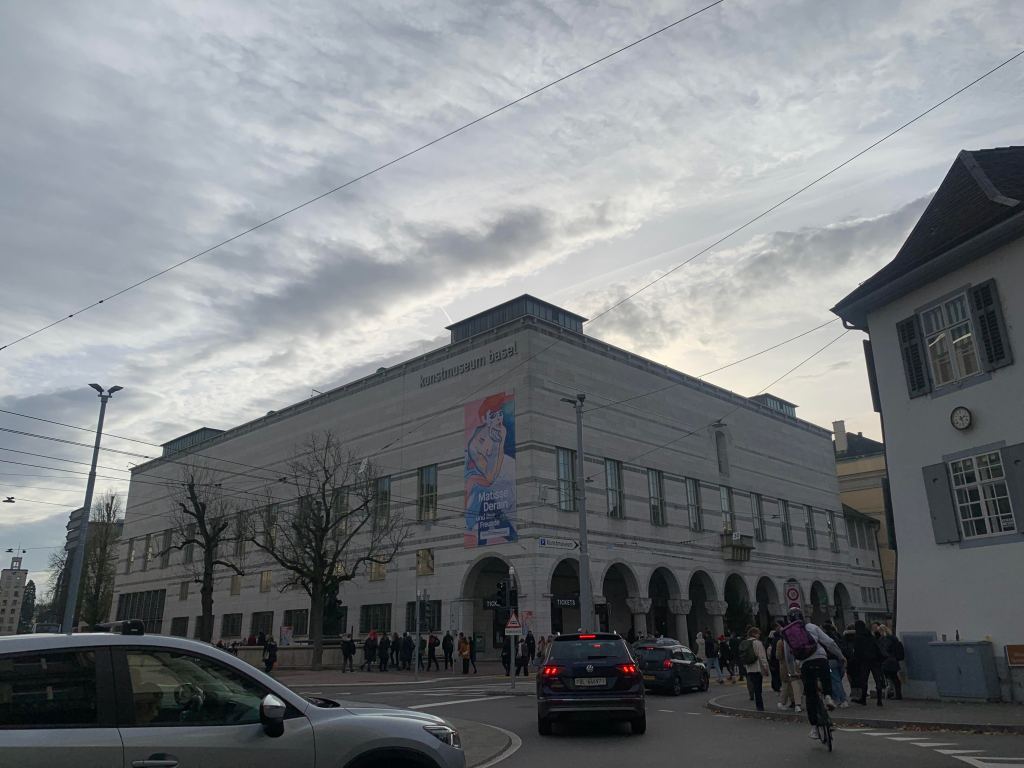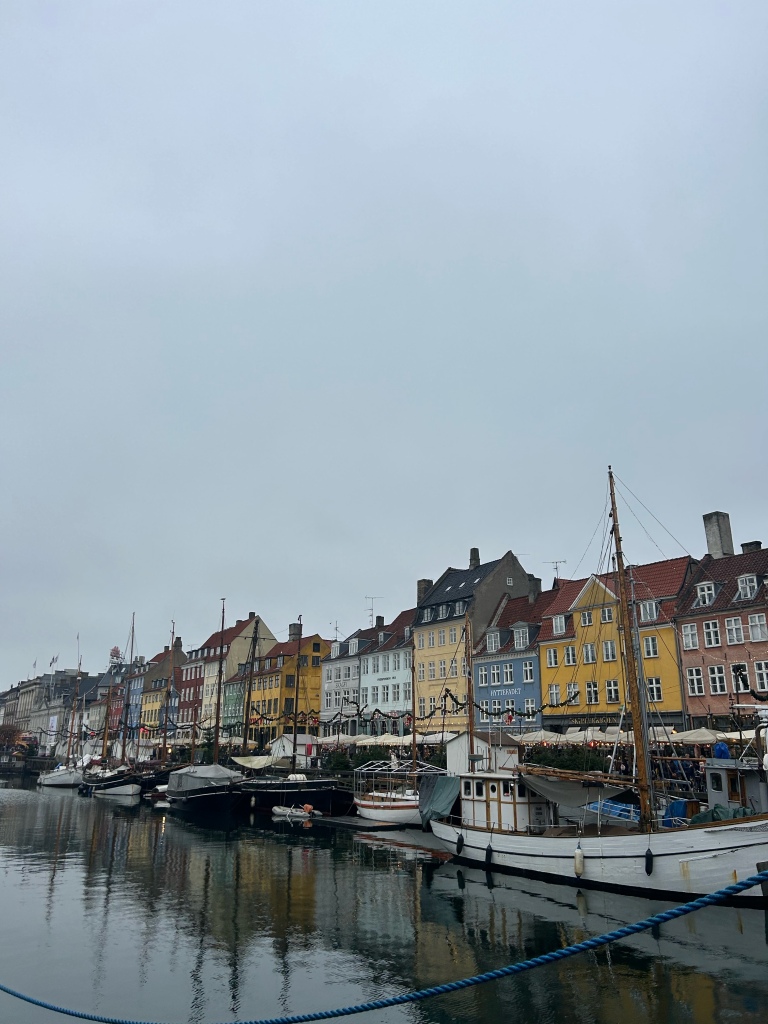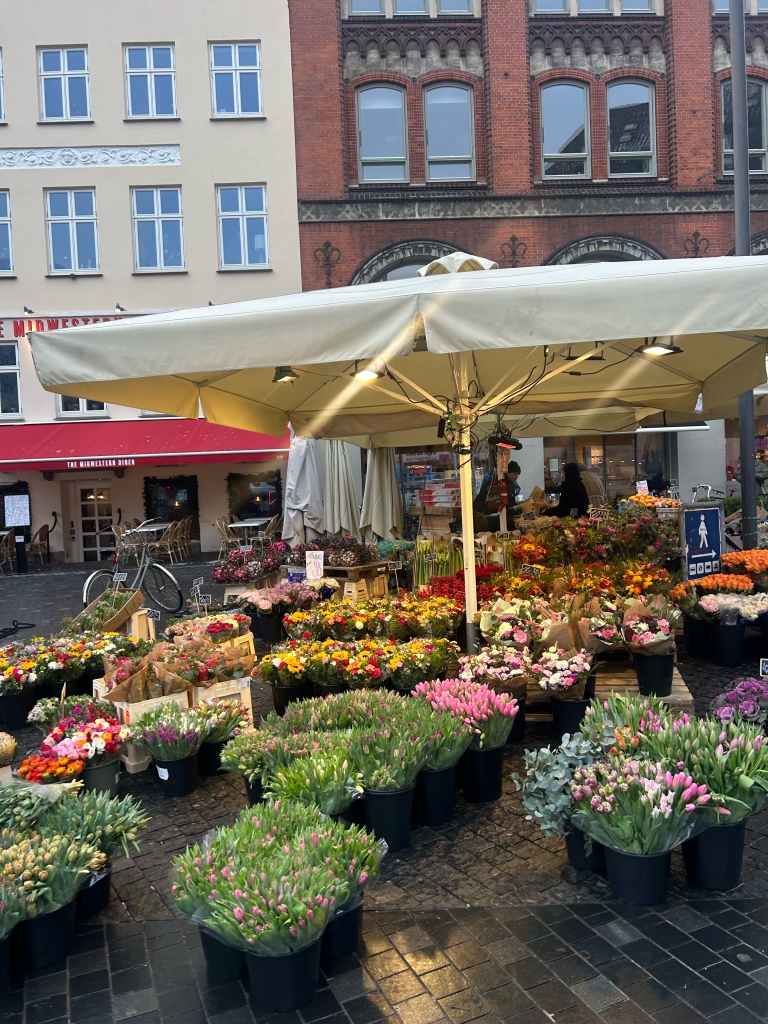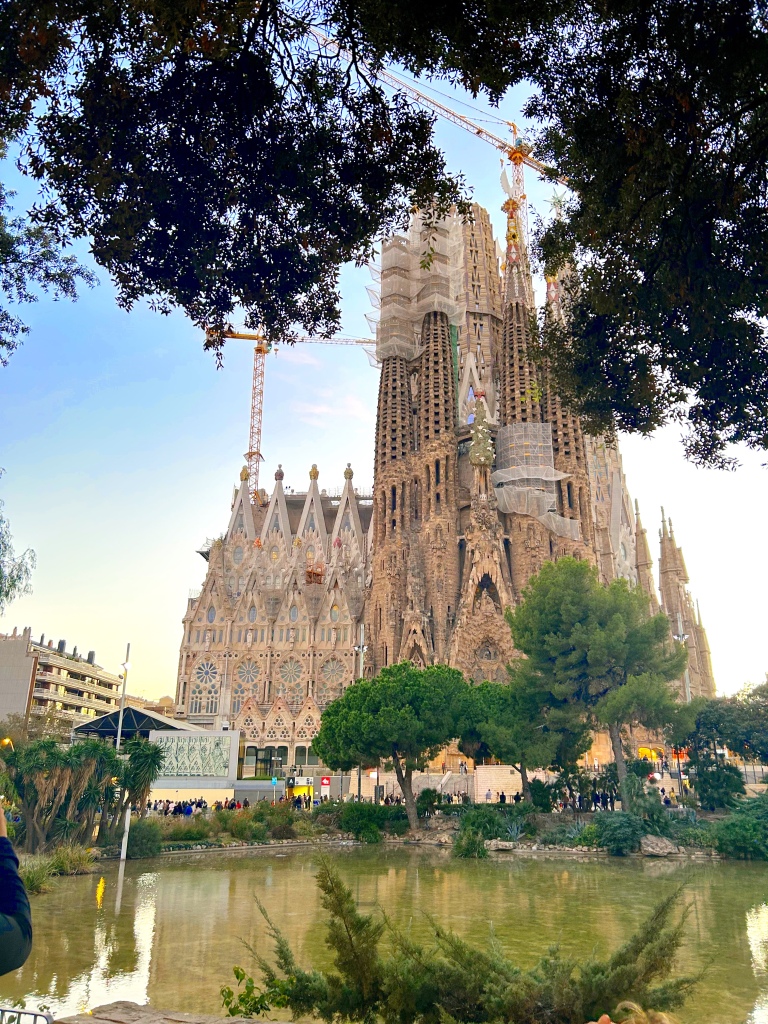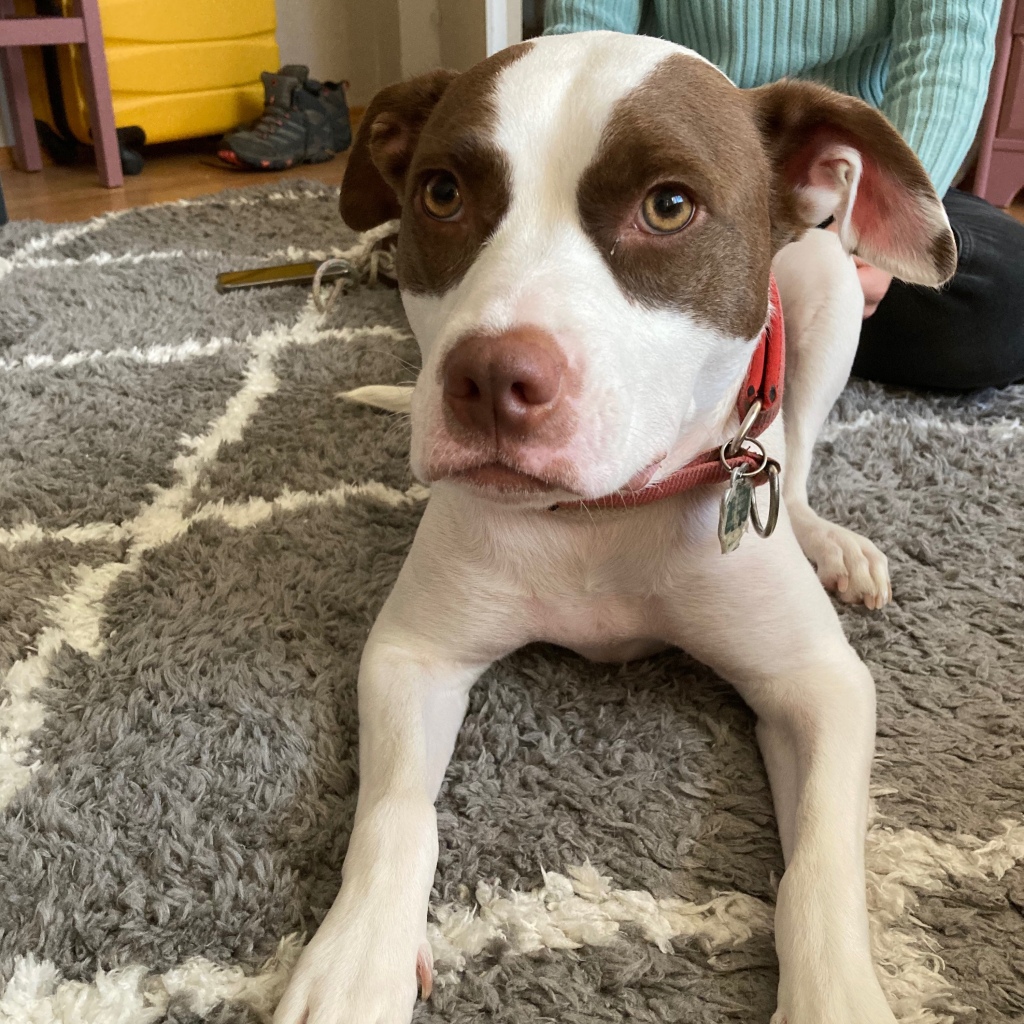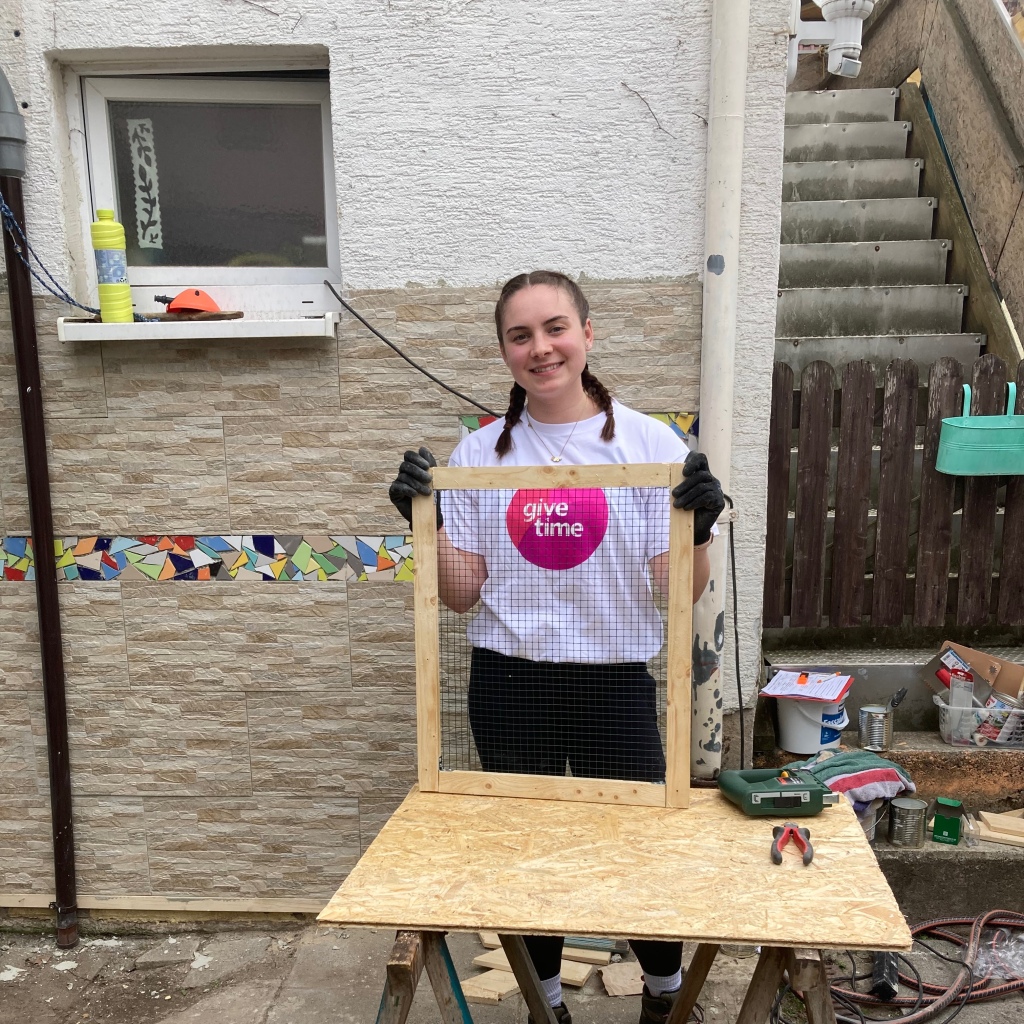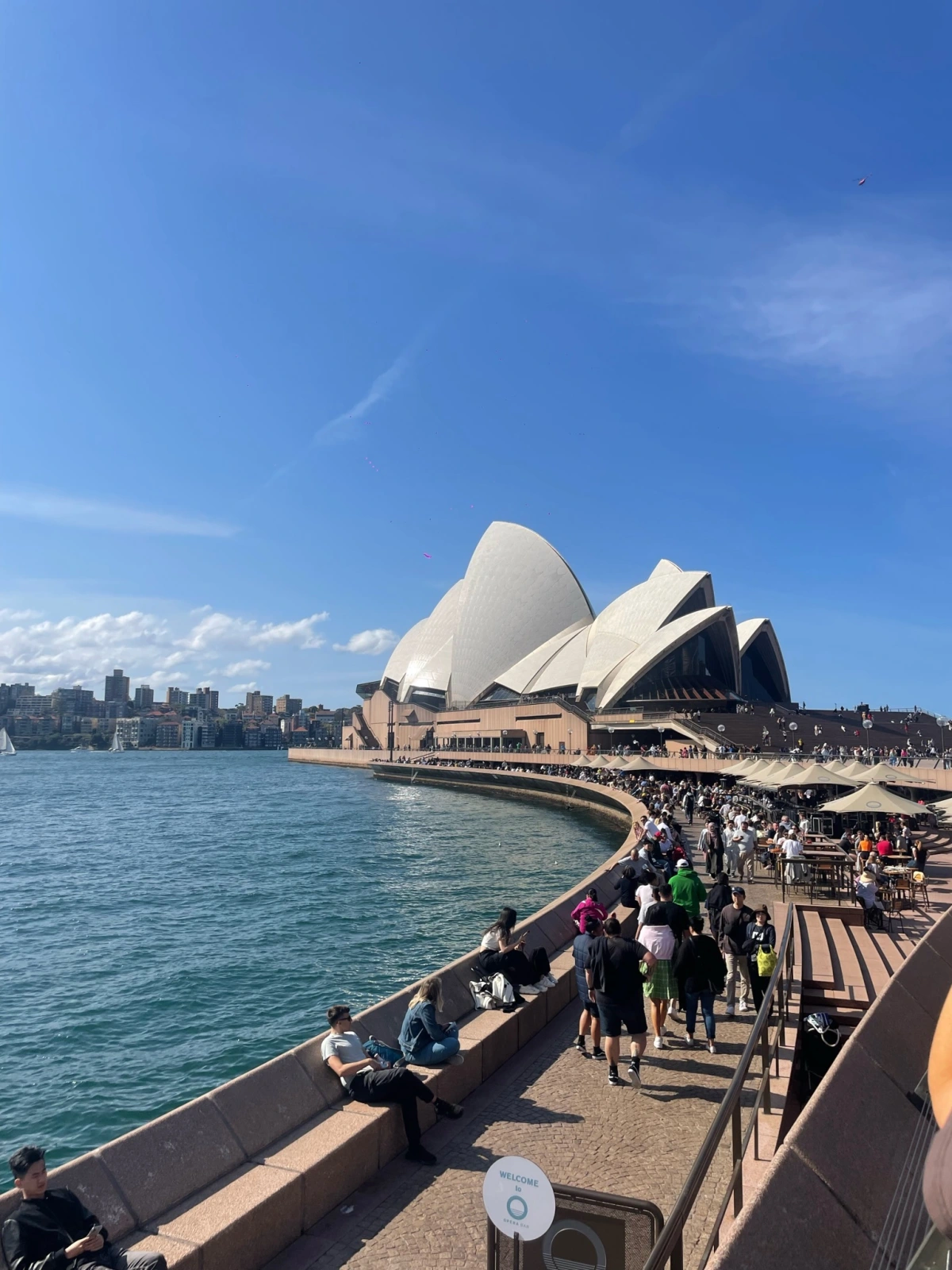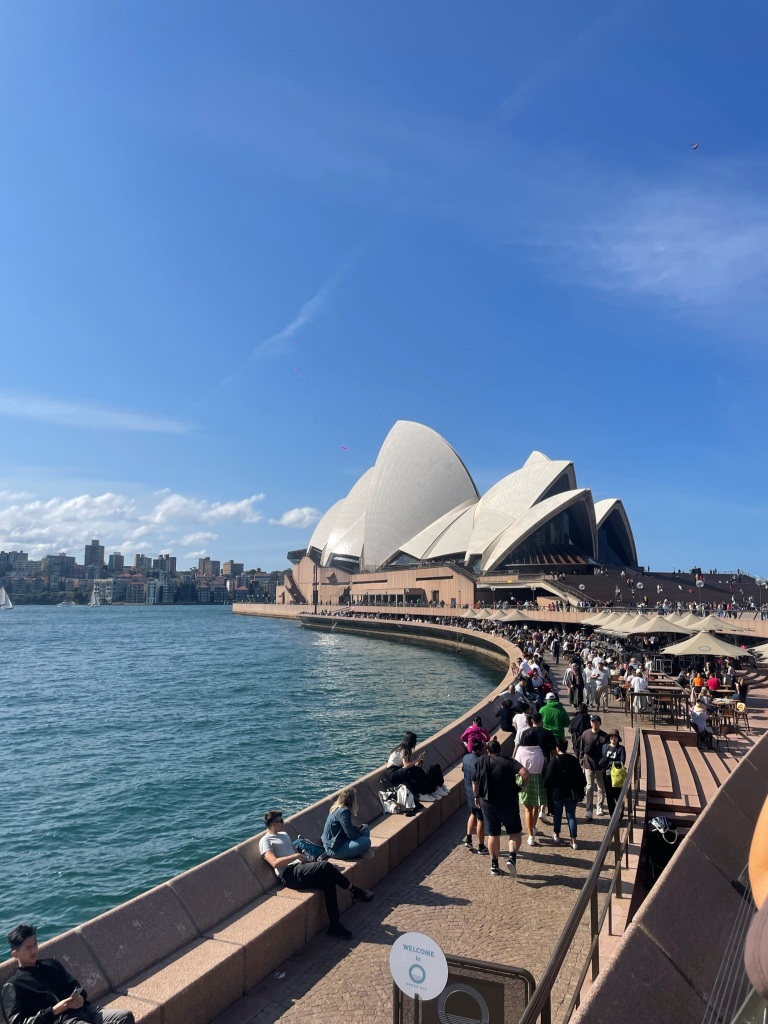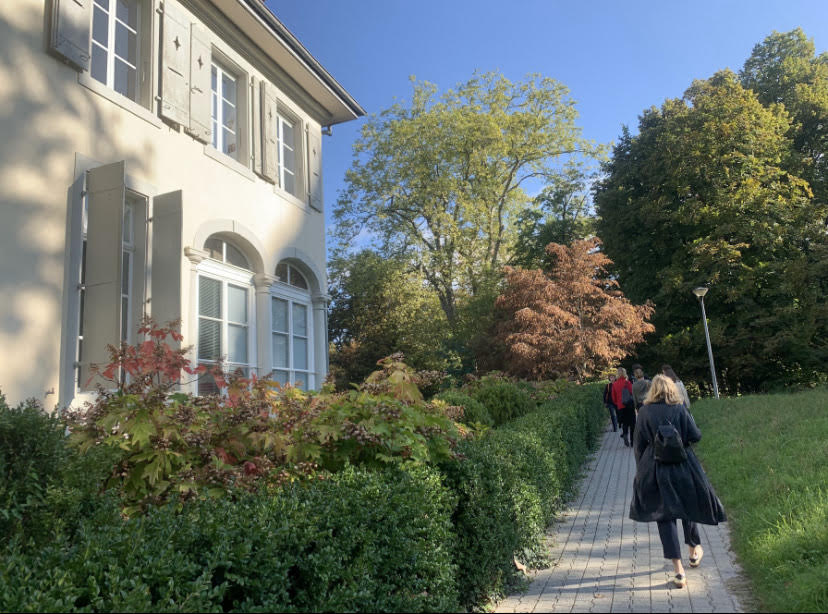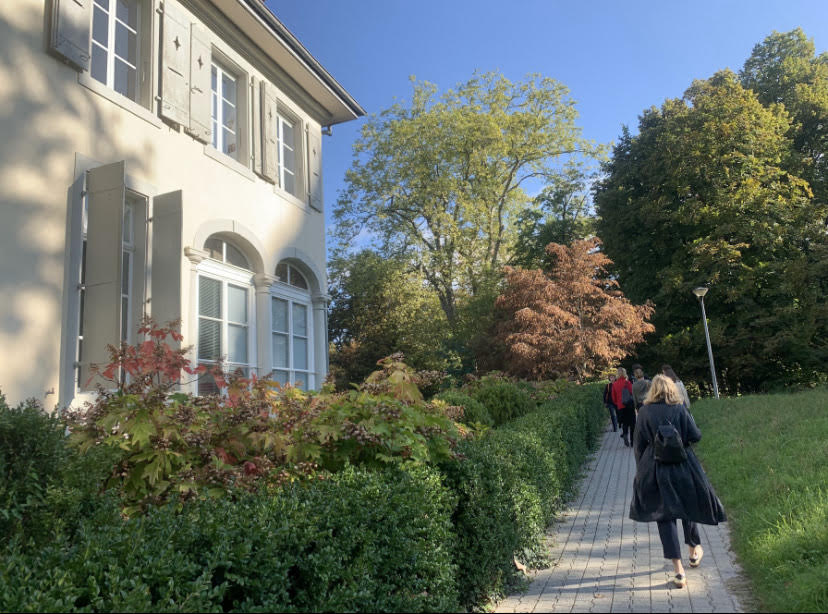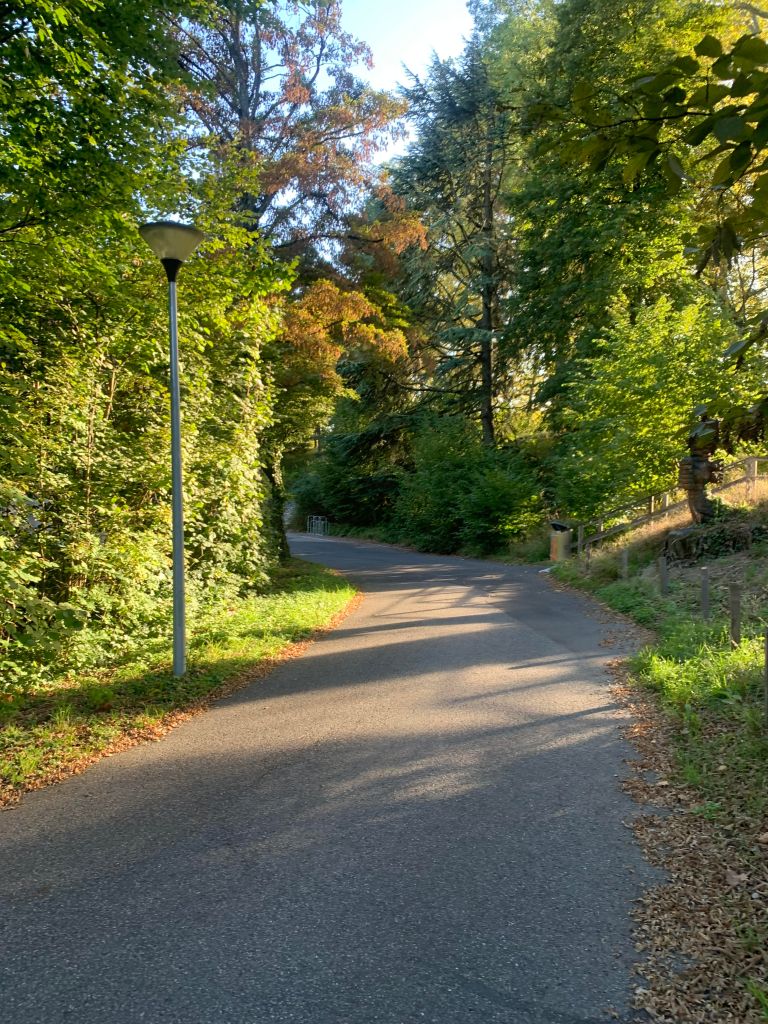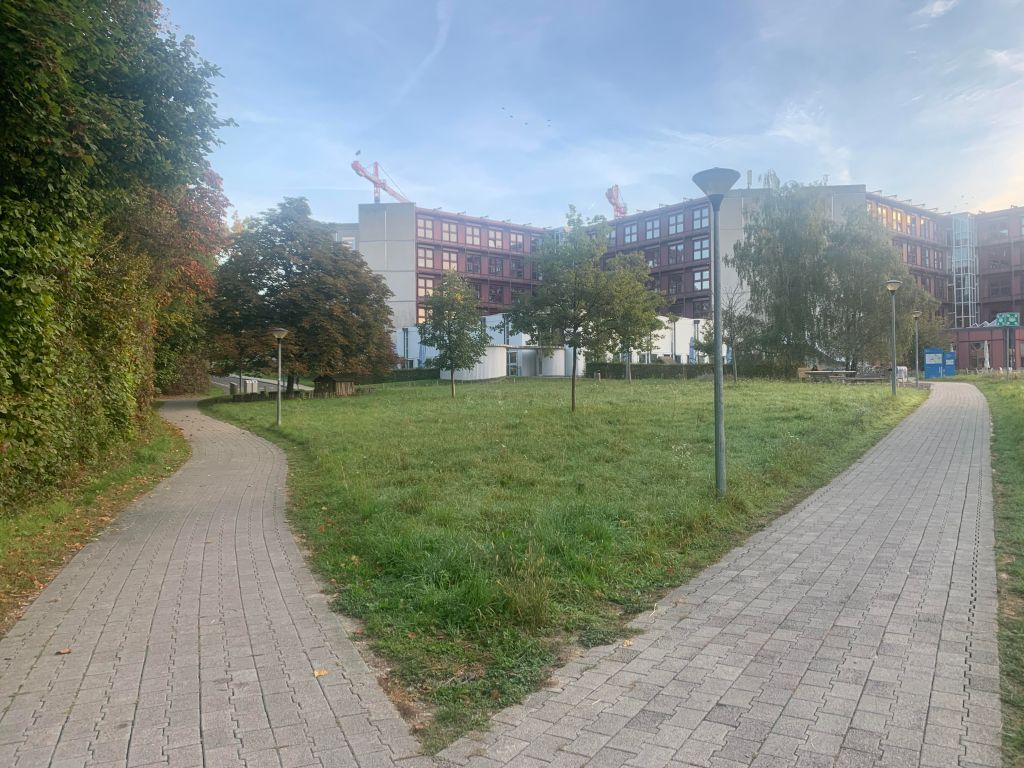By Georgia Renshaw
**Please note that this is Georgia’s personal experience applying for a visa and is NOT visa advice nor the official visa application process**
Language students at the University of Sheffield must undertake a compulsory year abroad, offering choices such as studying at a foreign university, working as a language assistant, or pursuing an internship. Additionally, numerous students studying different degrees also choose to complete a placement abroad, so for anyone considering completing an internship in Spain, this blog is for you!
I am currently pursuing a degree in Spanish and Italian at Sheffield, and I chose to spend my year abroad in Barcelona as a Marketing Intern. I knew that I wanted to use my year abroad to enhance my marketing knowledge, improve my language skills, and experience a whole new culture, however, I was unaware of the challenges that I would face with regards to obtaining a visa. This guide will provide you with the process that I followed to eventually obtain my visa, with the aim of making your experience a lot smoother than mine.

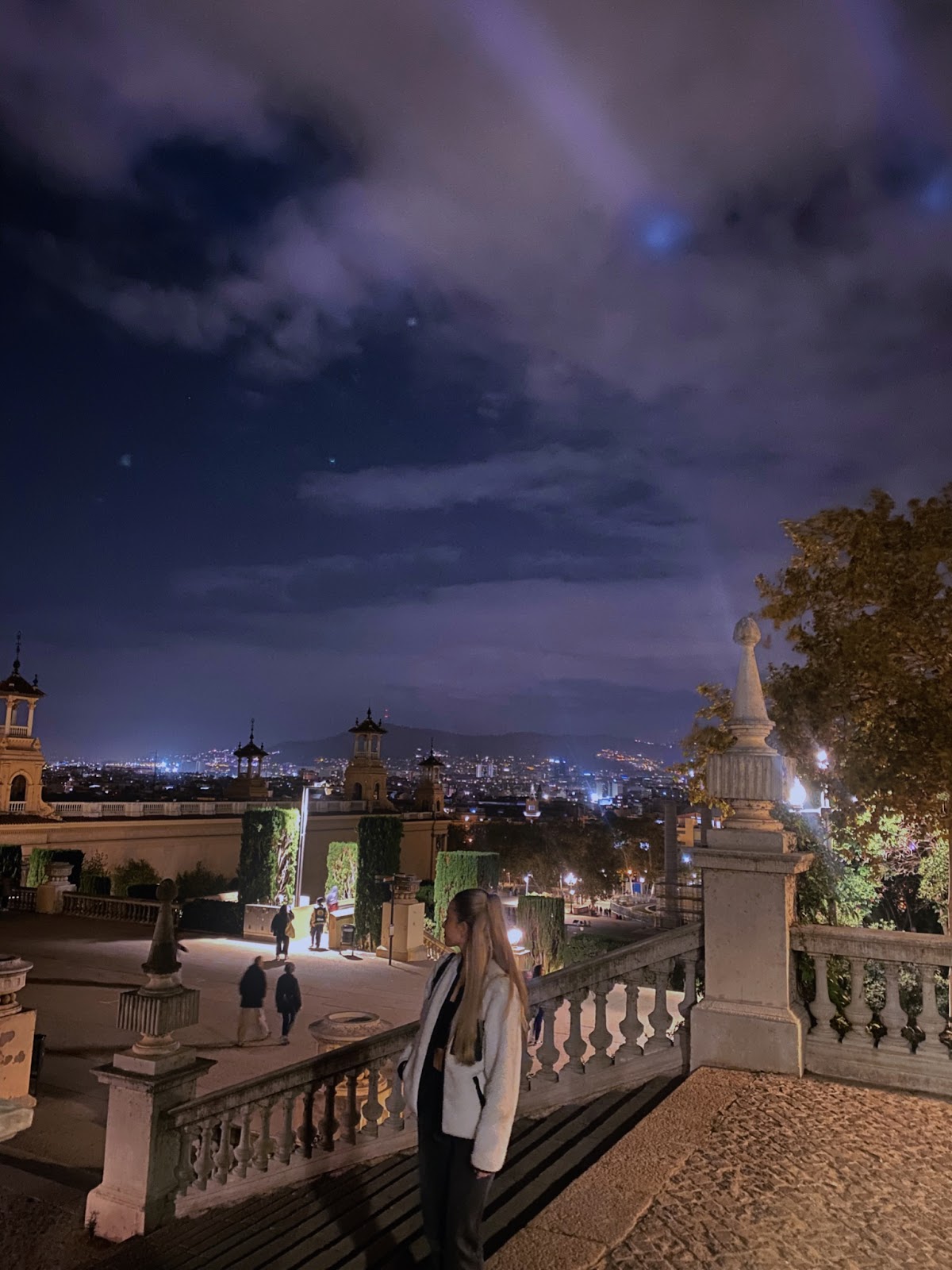
Documents Needed for your Work Permit/ Residence
Authorization for an Internship
The very first step you must overcome is getting your work permit/ residence authorization for your internship. Without this document, you will not be able to obtain a visa.
What is a Work Permit/ Residence Authorization and why do I need it?
This a document to essentially say that Spain gives you permission to intern in Spain, and you need it for your visa appointment.
Who approves it?
The document must be approved by the Delegation or Sub-delegation of the Government in the province in which the internship will be carried out
How do I get the work permit?
I knew that it would be difficult to sort this document from the UK, so I used a Spanish lawyer, who was recommended to me by my internship, to submit my application on my behalf. This was an expensive decision, however, it saved me a lot of stress, and ensured that I had support there if anything went wrong.
What documents do I need for it?
Here is a list of every document that I sent to the lawyer:
- Passport
A scanned copy of every single page in my passport, from the front cover to the rear cover.
- Criminal Record Certificate – ACRO
This document needed to be apostilled and translated into Spanish. This cannot be more than 3 months old prior to applying for the work permit.
- Internship Contract
I used the training agreement provided by the university, but it must be signed by the university, the internship company, and yourself. It must also state the exact hours you will work each day (my work permit was originally rejected because it didn’t have this extra information). This must also be translated into Spanish.
- Academic Certificate
I used my HEAR report which you can access via muse. This document must be signed by the university, and also be translated and apostilled.
- Letter/ Certificate signed by the university explaining that you are a registered student at that specific university and in that specific degree.
The university (SSID) can provide a ‘Certificate of Student Status’. This must be apostilled and translated.
- Health insurance
I sent a scanned copy of my GHIC card (you must apply for this on the UK government website, and it is then sent to your home address), and a scanned copy of my travel insurance (which is provided for by the university).
The travel insurance needs to be translated into Spanish.
- Proof of economic means
I had to send numerous bank statements to show that I had sufficient funds in my bank account. The amount of funds that you need in your bank is dependent on your duration in Spain, but it is approximately €625 per month. Eg my internship is 12-months long so I had to have €7,500 on my bank statements. These bank statements must also be translated into Spanish.
I also had to send a letter of recommendation from my bank and a copy of both sides of my credit card.
All of the documents provided for by the bank had to be signed and stamped by the bank to prove they were legitimate documents.
What Next?
Once the work permit/ residence of authorisation has been submitted, it usually takes around a month for it to be approved. Once it has been approved you are then given a month to submit your actual visa application, if you do not do it within this time, the work permit will expire, and you will have to submit a new application, and go through the steps above again.
Documents Needed for your Visa Appointment
You should be able to book your appointment at the consulate, provided that you have the following documents:
- National Visa Application Form
You must fill out this form, which is provided on the government website.
- Photograph
A recent, passport-size, colour photograph, taken against a light background, facing forward, without dark or reflective glasses, or any garments concealing the face. A normal passport photo is fine.
- Valid, unexpired passport.
Original and a photocopy of the biometric pages on the passport. Must have a minimum validity period of 1 year and contain two blank pages.
- Authorisation for residence and internship
This is the work permit document mentioned in the prior section. Bring the original and a copy.
- ACRO criminal record certificate
Bring the original and a copy. It must be apostilled and translated by a sworn translator. It cannot be older than 6 months.
- Proof of residence in the consular district
You need a document that has your address on it, to prove that you are attending the consulate which is closest to your home address.
- Bank Documents
Bring the same bank documents that you used for the work permit. Make sure you have your most recent bank statements, which should state the correct amount of financial means.
- Medical Certificate of Good Health
You need the original and a copy of a medical certificate that states that you do not suffer from any diseases that may have serious public health implications in accordance with the international Health Regulations 2005. There is one on the consulate website that you can use, but you must also get the document translated into Spanish and apostilled.
- Payment of the visa fee
When submitting your documents you must pay the visa fee. I would keep the receipt for this, just in case.
It is important to remember that the Consular Office may ask for additional documents. At my appointment, they decided they didn’t like the apostille of my ACRO Criminal Record Certificate, and gave me 10 days to get a new one sorted.
What next?
It typically takes between 2-4 weeks to receive a decision on your application, so it’s just a waiting game after this.
Tips and Important Advice
- Have copies of absolutely everything
Even if you don’t need a copy of the document, do it anyway and take it with you to the consulate. It’s better to be safe than sorry.
- Be prepared for the process to get costly
Paying for a lawyer, standard translations, sworn translations, and apostilles, as well as making sure that you have sufficient funds in your bank account as proof of economic means, means that you will be spending a lot before you even get there.
- Stay in contact with your internship company/ manager
Due to the delays and problems with my visa, I arrived in Spain two months later than planned. I kept my manager informed, worked remotely from the UK to mitigate the visa delay’s impact, and joined the Barcelona office later. Spanish businesses are usually understanding of the challenges interns face due to Brexit, but it is crucial to have clear communication with your manager or internship company.
- Visit the consulate’s website for updates
Given the challenges posed by Brexit, obtaining a Spanish visa has become more complex, and last year, there was a lack of clear guidance on the application process. It is crucial to consistently monitor the consulate website for any potential changes in requirements or the need for additional documentation.
- Engage with the Global Opportunities Team
Maintain open communication with the Global Opportunities Team throughout your journey. Whether you’re sharing positive or negative developments, asking questions, expressing concerns, or seeking advice, feel free to reach out to them. They are a very busy team, but are dedicated to supporting you throughout the process and will assist you in any way possible. They were a godsend for me!!
- STAY POSITIVE WHEN THINGS GO WRONG
My work permit got rejected, then the consulate asked for more documents at my visa appointment and only gave me 10 days to sort them, and then the consulate lost my visa documents…but I got to Spain in the end! It is really easy to get down when things are going wrong, but all of the hard work and stress will be worth it once you are there!
Feel free to get in contact with myself (grenshaw1@sheffield.ac.uk), if you want to know more about my experience in Spain, getting an internship abroad, or simply want some advice for your year abroad! Here are some photos to show you that it is all worth it!!
